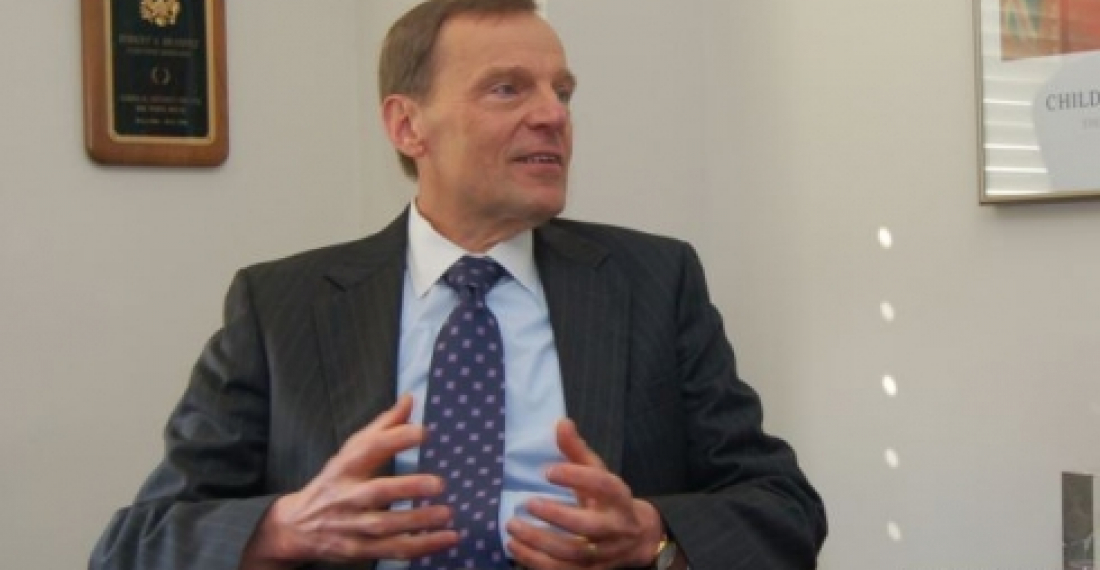Сопредседатель МГ ОБСЕ от США, что способствует переговорам по решению проблемы между армянами и азербайджанцами в Нагорном Карабахе, посол Роберт Брадтке, дал обширное интервью Радио Свободе в котором он размышляет о последних двадцати годах мирного процесса и о перспективах на будущее. Интервью Брадтке состоялось на фоне возрастающей критики процесса и его формата в международных кругах.
Брадтке, однако, отверг критику и сказал, что отсутствие доверия между сторонами, что они не в состоянии понять, что они, возможно, намного ближе к достижению соглашения, чем им самим кажется. Американский дипломат сказал: "Я не думаю, что проблема нашей неспособности достичь мирного соглашения заключается в формате Минской группы или ее сопредседателей. Проблема в том, что это очень сложные вопросы. Различия между сторонами очень велики, и есть нехватка доверия. Изменение формата не решит какую-либо из этих проблем. Все они будут продолжать существовать."
В интервью Роберт Брадтке также говорил о важности диалогуа между людьми. Он заявил, что "Если оглянуться назад в 20-летней перспективы, что мы видим сегодня - новые поколения в Армении и Азербайджане выросли порознь. Между ними нет личных отношений, которые могли бы помочь им понять перспективы другой стороны и преодолеть стереотипы, которые зачастую можно встретить в армянских и азербайджанских медиа."
Брадтке подчеркнул, что по мнению сопредседателей "статус-кво является неприемлемым", добавив, что " И поэтому, я считаю, что мы должны решить конфликт, достичь прогресса. Мы не можем спустя 20 лет оглянуться назад и увидеть ту же ситуацию, что сегодня."
Полное интервью можно прочитать здесь.
Источник: commonspace.eu по материалам Радио Свобода (www.rferl.org)
Фото: Сопредседатель МГ ОБСЕ Роберт Брадтке. (фото любезно предоставлено RFE / RL).
Analysis
"Статус-кво является неприемлемым". Брадтке защищает нынешний формат переговоров по Карабаху и обвиняет стороны в отсутствии доверия.







